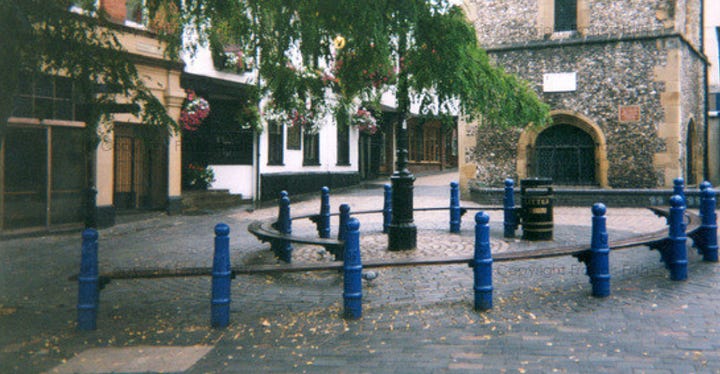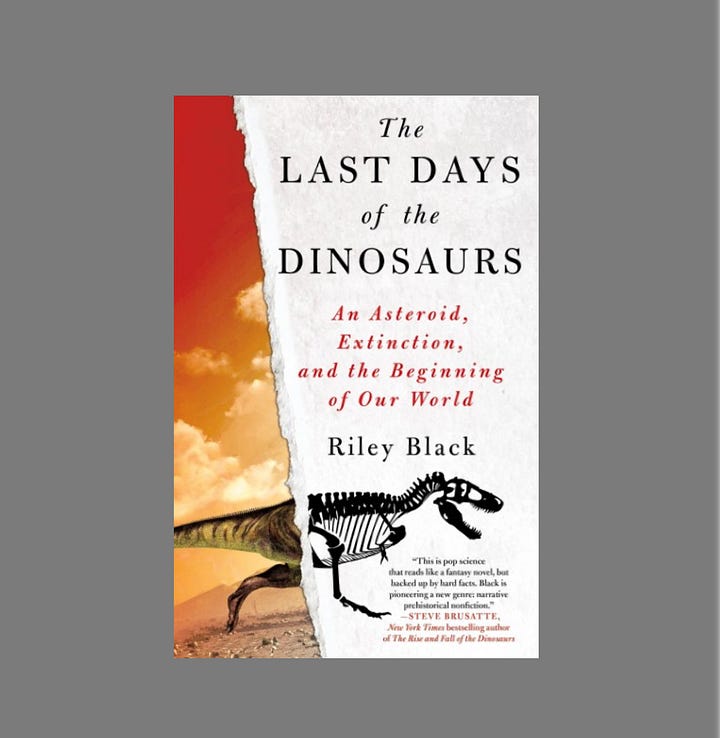Morning:
Today I wake up and write to reckon with a pervasive pit of loneliness and loss. It’s more than Tux’s death, but that event has prompted a general malaise to morph into a tangible shroud of despair. Outside, a wet, gray day dampens the shroud, it clings to my being. So much for wearing life like a loose garment, advice I remember hearing often when I was newly sober, courtesy of St. Francis of Assisi.
And yet, I’m lucky: I haven’t ever dealt with any form of clinical depression like so many people do. I haven’t lost track of an essential optimism that chirps in some repetitive nook of my brain “anything can happen,” —and I remain too curious and interested in life to be hopeless.
Succumbing to irrelevance or obscurity doesn’t bother me, so none of this is about loss of career or any perceived place I may have in the mind of people who pay attention to vintage American pop culture. A very nice realm to have occupied by the way—I say that with no snark.
But to feel aimless, even for the shortest time, is an alien and disconcerting state. It is a time to take great care, to make sure I skirt the spiraling drain that feels a sink’s width close by.
I know I’m not alone. Many of us are here, have been here, will be here.
I’m not, however, seeing any of us on the streets this morning as I walk over the cobblestone alley and lanes of St. Albans, where I’m currently staying. People sit in pairs and groups at cafes, or huddle together under a single umbrella, or hold hands that have aged in tandem or push bundled babies in prams.
I’ve dressed in black jeans, rose colored Converse high tops and a black pullover with a giant red t-Rex woven onto the front. I now think the t-Rex sweater purchase was absurd, more suited to a 10-year-old boy than a 63-year-old woman. (I blame Riley Black, who’s “The Last Days of the Dinosaurs” took hold of my imagination.) At least it’s partially covered by my jacket. The hood over my head keeps my sadness insulated from the weather. I’d melt into a puddle of drizzle and tears without it.


Aside from feeling utterly alone and lost, at the back of my mind are some health issues that I’ve delayed until returning to America. Unpleasant and expensive dental work, a colonoscopy, an SCC (squamous cell carcinoma) that requires a chunk of skin to be cut out of my arm. Because of that last one, I’ve booked to see a nurse in a skin clinic, to check another tiny bump that recently appeared. There’s more than one kind of spiraling drain to avoid.
There are a lot of places to walk in St. Albans. I regularly clock in a minimum of 15k steps daily, according to the health app on my phone. I circle the lake, walk over criss-crossed carpets of giant wet leaves, stand before Roman wall remnants. I move to the other side of the street to avoid youths in school uniforms, as though their side is only for those who have long futures full of potential.
Afternoon:
The nurse shines. Her light dispels the darkness. It’s like I’ve been fighting using the wrong tools: useless fists of self-recrimination, blunted blows of gratitude lists, clumsy hammers of affirmations.
She inserts a shot of spiritual thoughtfulness in appropriate spots, we share photos of our beloved dogs, I show her Audrey, she shows me her son. She listens. We’ve connected and the connection was all I needed. It’s magic, I’m uplifted…and reminded of the power one person can have—at least for a time—without even knowing. I strive to be that person for someone else whenever possible.
Evening:
I’m here in the UK because I want to connect more with my mother’s side, my English side. My mom died five months ago today and I want to feel a part of a family. It is the only thing left at the present time to build on. In 2006 I moved back to Texas to be married, have my own family, raise a daughter. Now I’m not married, and my daughter is grown past the need of “raising.” The Go-Go’s aren’t my family, as much as I wanted them to be when I was young—no band is my family. Neither are my friends, although there are a couple who are as close as it gets. You know who you are, if you’re reading this.
I’m pretty sure I was sober, and in my thirties, before the concept of family, and the value of family took hold. Maybe since I grew up with such a microscopic version—just me and my mom—it didn’t feel like the real deal. Once I came home from school, age 8, and asked: Mom, what’s a family? Stricken, she replied, we are a family! You, me, the kitties.
I didn’t buy it, but sensing her guilt, dubiously nodded my understanding.
When I finally had my own family and realized my daughter would get what I didn’t get to have, it felt like a karmic luxury. One I’d somehow earned through my involuntary sacrifices.
Anyway, the last part of this day, and of this post, ended in familial contentment. A dinner with my mom’s sister, my aunt Anne, who I’ve known most of my life and been close with for over 30 years. Also here, her partner Steve and her ex husband Chris. We are alike this way, we keep the love near after the romance disappears. The four of us talk throughout the meal, move to the sofas for tea and more conversation. Nothing special, except the moments are infused with something new. For the first time, I am here for more than a visit. I’m here to find a new place to belong, to add a new chapter to my story. Tonight I feel at home. It’s a long way from my old home, it’s a long way from this morning.





Really lovely writing ❤️
Kathy, your writing on twitter certainly brought me to subscribe to your substack, because you're exceptionally thoughtful and insightful. I'm a fellow writer, and the struggle to face the page is real.
I also want to offer strength and love to you as you mourn Tux. As I've come to care for animals later in life, I've started to understand the empathetic connection that can exist between a human and their pet. It goes far beyond spoken language.
I mention this because the possibility of connection between people can also seem impossible sometimes. If you think about existentialism and authors like Sartre, there's a fundamental disconnect between the idea that we all understand that the only meaning that truly exists is the one that we create and managing to convey this through other people. It's a terrible isolationism.
But it doesn't have to be. I'd recommend to you a book by a philosopher named Edith Stein called The Phenomenology of Empathetic Understanding. It talks about her experiences as a nurse in WWI and how she observed she could sense which soldiers needed the most care through a process she called "empathetic understanding," which was often directly contradictory to speech. Today, we might understand this as microexpressions or body language. It is a way of our bodies expressing what we truly feel no matter what.
You and Tux didn't share a common language, but you communicated at the most important level. And you shared this moment with your doctor in part because both of you were open to the experience.
Humans aren't meant to isolate. They are here, as a species, to care for each other. I hope you continue to explore this in England and at home, and continue to share it with your readers and fans (I am certainly both!).